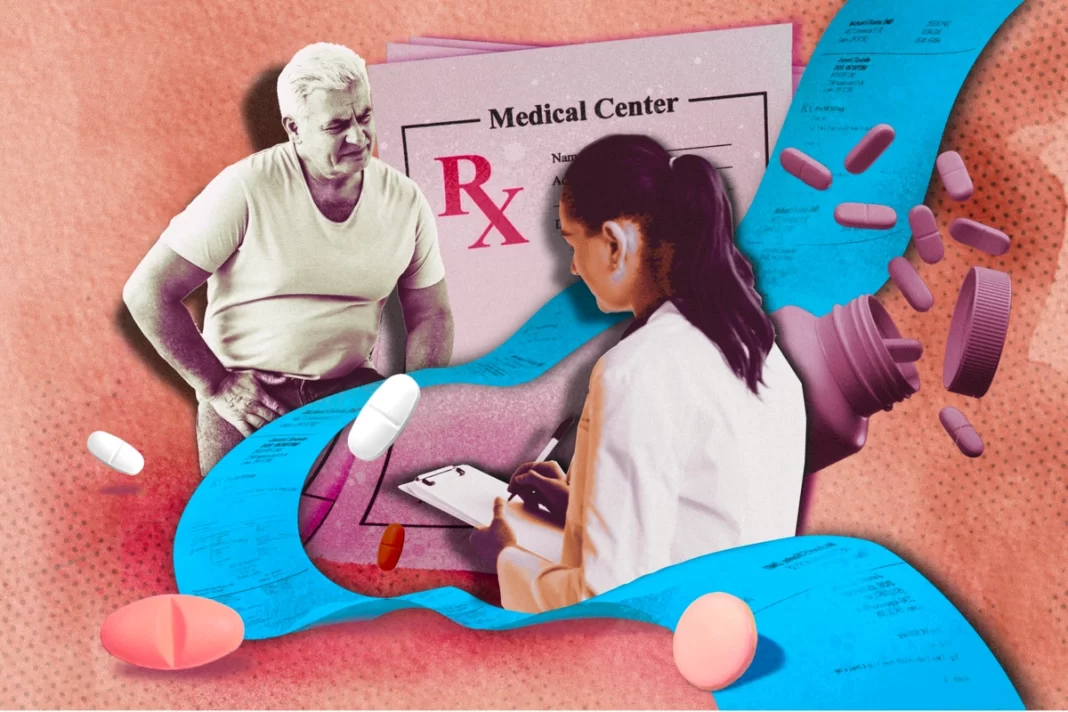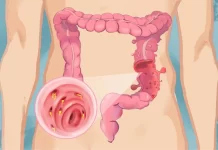A systemic problem in the culture of health care is undercutting patient well-being and the physician-patient relationship.
Jean Wendrick acknowledges that she’s been mostly unhealthy her whole life—suffering from diabetes since she was in her 20s and overcoming breast cancer more recently.
At a doctor’s appointment last year, Ms. Wendrick learned she has osteopenia, a condition in which her body isn’t making new bone cells quickly enough, which often leads to osteoporosis. Her doctor suggested medication—the same type her mother has been taking.
“It was devastating to me,” she said. “My mom is hunched over with osteoporosis and can only look at the floor. She’s in so much pain, and she took all the meds. It was all for nothing.”
While Ms. Wendrick can see her potential future when looking at her 86-year-old mother, she also finds reasons, when thinking of her 18-year-old daughter, Victoria, whom she had at age 47, to make the changes that can restore her health.
Thus, Ms. Wendrick became determined six months ago that she would live out her years in the best possible health. She knew it would demand real change and a true return to a healthy lifestyle—something her doctor’s prescriptions could never give her.
The Doctor’s Dilemma
Ms. Wendrick’s experience is common. Facing devastating illness, patients are offered drugs that have little effect and create problems that patients may never be told about.
While some doctors will do little beyond suggesting surgery or a new prescription, many others do recommend their patients make lifestyle changes to fundamentally resolve the cause of chronic conditions.
However, all too often, these recommendations come as brief commands to “lose weight,” “exercise more,” or “eat better” and are often served with a sprinkle of judgment.
Health care providers may then blame patients for their inability to follow such orders.
A study in Finland echoes findings in other settings where physicians and nurses say patients with obesity, Type 2 diabetes, high blood pressure, and who smoke, just won’t do what they are told.
“A majority [of both physicians and nurses] agreed that a major barrier to the treatment of lifestyle-related conditions is patients’ unwillingness to change their habits,” the study states.
By Amy Denney















































